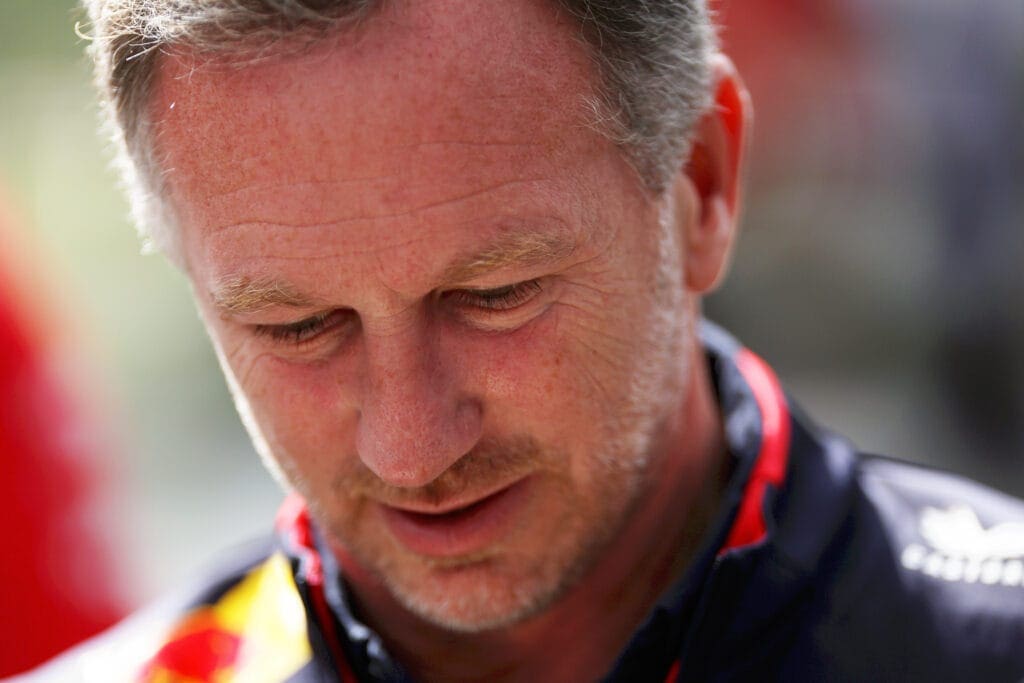Yesterday, the FIA held a meeting with the top management of various teams to discuss the future of Formula 1.
The much-anticipated meeting, convened by the FIA, took place yesterday, bringing together the Federation’s leadership and representatives from all the teams to talk about the future direction of Formula 1. At the top of the agenda was, of course, the topic of the new regulations, which have raised significant concerns among the engineers of several teams—especially regarding the development of the new power units (PU).

Despite rumors suggesting a delay or even a cancellation of the 2026 regulations, the FIA has decided to confirm the current plans, postponing any potential return of V10 engines to 2031—if at all. Red Bull Team Principal Christian Horner spoke out on the issue, stating: “It’s almost certain that next year, with the introduction of such an important set of regulations, there will be a performance gap. That’s a natural consequence when making such a structural change. One of the key topics discussed this morning was how to reduce that gap as quickly as possible, especially to give new entrants the chance to be competitive. Perhaps we could consider allowing power unit updates within the limits of the budget cap, in order to help balance out performance levels. We all want to see close racing—we don’t want to go back to situations like we saw in 2014.”
Horner then added: “As always, each team will push for solutions that suit their own interests. It’s up to the FIA and Liberty Media, who hold the commercial rights to Formula 1, to find the right path forward. We’re not just deciding how racing will look three or four years from now—we’re laying the foundation for the next decade, maybe even the next fifteen years. When these regulations were introduced, power unit manufacturers signed an agreement that binds the decision-making process. For any major change, a ‘super majority’ is required—that means at least four out of six votes. Maybe there will be changes in 2031, but until then, we must respect the current rules.”
